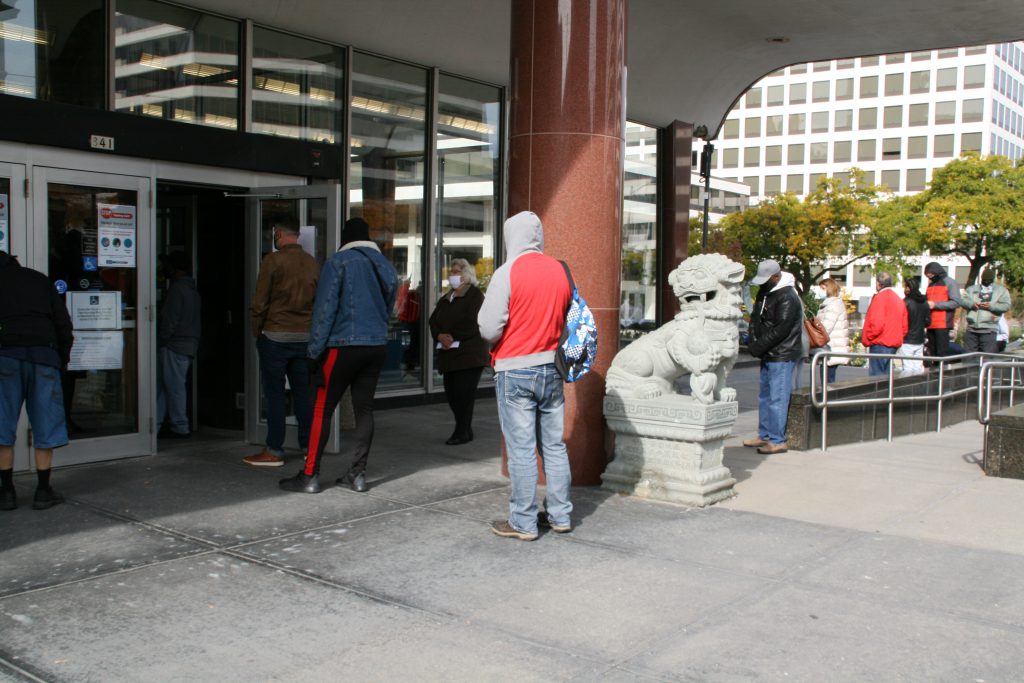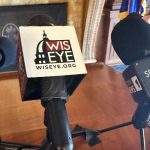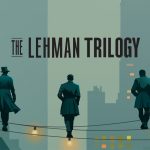Republicans Oppose Making It Easier to Vote
Against foundation grants to improve elections even in GOP-leaning districts.
Following the 2020 elections, states with Republican-controlled legislatures have seen a flurry of bills aimed at increasing the barriers to voting. Wisconsin is no exception, although it is unlikely that any such laws will make it past Governor Tony Evers’ veto. Enthusiasm for such measures likely stems from a belief that voters most likely to give up when confronted with obstacles to voting would have otherwise voted for the Democratic candidate.
One of these bills is Assembly Bill 173, which passed the Assembly on a party-line vote and has now moved to the state Senate. An analysis by the Legislative Reference Bureau includes this summary:
Under this bill, no official or agent of a county, city, village, or town may apply for or accept any donation or grant of moneys, equipment, materials, or personnel from an individual or nongovernmental entity for purposes of election administration…
At a time when election officials are struggling to manage challenges from the pandemic, why would these Wisconsin legislators want to close off possible funding sources?
The Republican legislators’ target for this bill is the Center for Tech and Civic Life (CTCL), which last year gave millions of dollars to cities, towns, and counties across the United States to help upgrade their systems for managing elections. CTCL’s grants were to be used for purchasing election equipment and supplies, hiring personnel, adding voting locations and drop boxes, and nonpartisan voter education. (See the application form for Georgia counties managing the January runoff election for two Senate seats.)
CTCL gave 200 awards to Wisconsin election agencies. The largest number of grants, 43, went to cities and towns in Marathon County (which Donald Trump won handily). Every agency applying was promised an award of at least $5,000.
Wisconsin’s five largest cities — Milwaukee, Madison, Green Bay, Racine, and Kenosha — were granted a total of $6,324,567. As part of this grant the five cities worked together, sharing information on their strategies for dealing with the challenges brought by COVID-19.
While one might think that making voting easier and safer is desirable, good for voters and good for democracy, the CTCL grants have run into a buzzsaw of opposition from the Republican officials. For example, the MacIver Institute claims that the mayors of Milwaukee, Racine, Kenosha, Madison, and Green Bay violated the open meetings act by talking together and exchanging experiences. It is unclear to me why discussion among mayors would violate open meetings, aimed at preventing majorities of boards from making decisions in secret.
The explanation for the opposition seems to be the belief on the right that Republican candidates are hurt by high turnout. This opposition is not limited to Wisconsin.
For example, according to the Akron Beacon Journal, Summit County in Ohio turned down nearly $580,000 from the CTCL to pandemic-proof an election that’s costing taxpayers extra money. The decision has incensed board member Tom Bevan, a Democrat who strongly supported accepting the grant. “I was frustrated, and I remain frustrated that we passed up on these funds,” he said on Monday.
Opposition to the grants has led to a series of lawsuits against them. For example, in Texas:
Dallas and Harris counties have accepted grants of $15.1 million and $9.6 million respectively from CTCL… Filed by the Texas Voters Alliance… in the U.S. District Court of the Eastern District of Texas, the suit asserts that the grants violate federal election law which places “states” not local governments in charge of federal elections.
Likewise, there have been challenges to grants in Michigan and other states.
Closer to home, in Wisconsin Voters Alliance v. City of Racine, Judge William C. Griesbach, generally considered conservative, twice rejected a challenge to the grants to the five Wisconsin cities. He concluded that:
Though this is a federal lawsuit seeking relief in a federal court, Plaintiffs have offered only a political argument for prohibiting municipalities from accepting money from private entities to assist in the funding of elections for public offices.…. They make no argument that the municipalities that received the funds used them in an unlawful way.… Their brief is bereft of any legal argument that would support the kind of relief they seek.
A similar fate befell a lawsuit challenging a grant to Janesville.
Behind many of these legal challenges is a group calling itself the Thomas More Society and its attorney Erick Kaardal. Complaining about “private corporate conditions” and having struck out in the courts, the Society and Kaardal recently turned to the Wisconsin Elections Commission with a 743-page complaint. To the extent that this complaint cites any section of Wisconsin law, it focuses on two.
The first is 5.05 (11) which Kaardal claims requires that “it is only the Commission that can provide ‘aid’ to cities and counties for the administration of elections.” Yet this claim is not backed up the language in the statute:
…the commission may provide financial assistance to eligible counties and municipalities for election administration costs…
Thus, this section says nothing that could be construed as limiting financial aid to only that supplied by the Elections Commission.
The second cited section is 6.84 (1) because it cautions against “overzealous solicitation of absent electors who may prefer not to participate in an election.” It is hard to argue that any of the aid from CTCL — like making drop boxes available — would force any unwilling voter to take part in an election.
An earlier Thomas More Society lawsuit, Wisconsin Voters Alliance v. Pence, attempted to force then-vice president Mike Pence to reject state certifications showing that Biden had won the presidential election. James E. Boasberg, the judge, became so frustrated by the behavior of the lead attorney, the same Erick Kaardal, that he forwarded a complaint to the judiciary’s Committee on Grievances. In doing so, he commented:
When any counsel seeks to target processes at the heart of our democracy, the Committee may well conclude that they are required to act with far more diligence and good faith than existed here…. Plaintiffs spend scores of pages cataloguing every conceivable discrepancy or irregularity in the 2020 vote in the five relevant states, already debunked or not…. The only reason the Court can see for the Complaint to spend 70+ pages on irrelevant allegations of fraud…. is political grandstanding.
Kaardal’s 743-page complaint to the Wisconsin Elections Commission suggests he has learned nothing from this earlier experience.
Data Wonk
-
Life Expectancy in Wisconsin vs. Other States
 Dec 10th, 2025 by Bruce Thompson
Dec 10th, 2025 by Bruce Thompson
-
How Republicans Opened the Door To Redistricting
 Nov 26th, 2025 by Bruce Thompson
Nov 26th, 2025 by Bruce Thompson
-
The Connection Between Life Expectancy, Poverty and Partisanship
 Nov 21st, 2025 by Bruce Thompson
Nov 21st, 2025 by Bruce Thompson























It is useful to think about the extent to which the Walker years were an out-of-town preview for Trumpism and the current assault on democracy. The Walker/Republican formula has produced a reality that is hard to define as a democracy. The formula’s ingredients: gerrymandering that has given legislative control to a party that can’t win majorities; a reliance on dark money coming from some of the most reactionary people in our society, with a range of bad consequences; voter suppression that is critical when you can’t win majorities; a core appeal to racial animus and white victimization; lying and making false claims of voter fraud when you lose; and, right-wing media at the local and national levels.
And, in our times, at both the state and national levels, there is a new Republican imperative: the need to hold onto power to avoid accountability for the vast corruption that has been the hallmark of the Walker and Trump regimes. If there is a pathway out of the crisis of democracy, it’s not clear what it is at this point.
The courts need to put a stop the absurd litigation by lawyers bankrolled by conservative money that files suit over most anything that the Republican leadership wants. These persons are attempting to undermine our Constitution and Democracy as much as the January 6 Capitol Insurrectionists and are more of a threat. Can we get good people to continue to work on voting as elected officials or in polling places when they might be facing threats of frivolous litigation in addition to personal threats for their safety like happened in the last election.
Republicans are totalitarian. No surprise from the white supremacist party.